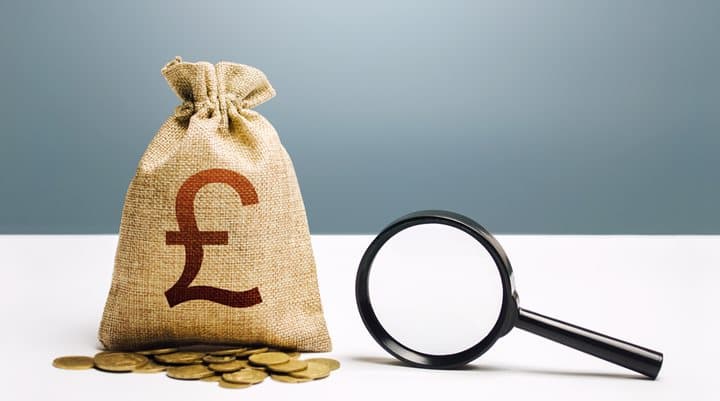What is a Proof of Mortgage Deposit?
A look at the most common questions when it comes to proof of a mortgage deposit when buying a home.

A look at the most common questions when it comes to proof of a mortgage deposit when buying a home.

Compare moving quotes in 4 simple steps